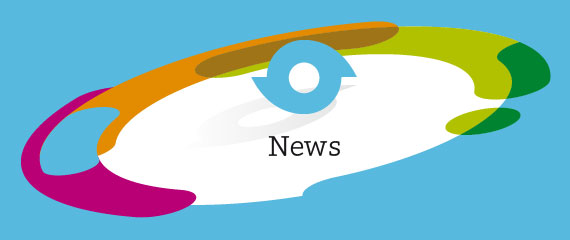Archaeology: beneath the tip of the iceberg
Dr. Maikel Kuijpers started his career by studying archaeology at Leiden University. After finishing his PhD at Cambridge University, he returned to Leiden where he is now Assistant Professor in European Prehistory, and works with the LDE Centre for Global Heritage and Development. Recently, he and his team received NWO funding for their efforts in science communication, which Kuijpers does, for example, by writing for the Correspondent. LeidenGlobal interviewed him on his work and on his views on archaeology.
While Kuijpers is an archaeologist, he likes to point out that his work is fundamentally interdisciplinary, just as the field of archaeology itself. “Most people think archaeology is simply about digging up objects , but that is just the tip of the iceberg”, Kuijpers says. “Only rarely do people seem to realize the extent of our discipline”, he explains, “which can go anywhere from drawing ancient DNA from bones to researching contested museum collection.” Moreover, there are several societal challenges where archaeology can play an important role. To work on a sustainability transition, for example, it is helpful to firstly understand human behaviour, and secondly also know how to influence that human behaviour. This is also why Kuijpers and his colleagues are part of interdisciplinary programs such as the Liveable communities – Liveable planet program.
Archaeologists also explore other major societal challenges, like social inequality. Why and how do social inequalities emerge? And are they inherent to human societies in all times? Another example comes from Kuijpers own PhD research. While he started with looking at the introduction of metalworking in the Bronze Age, this purely archaeological question soon evolved into bigger questions: What is skill? How is this type of knowledge produced and how does it relate to purely theoretical knowledge? But also, what is the importance of skills in our current society?
There is much to learn from the past. But Kuijpers thinks we don’t do that enough yet unfortunately. Archaeology is all about human behaviour, in a long-term perspective. It’s exactly for this reason, Kuijpers remarks, that it would be good 'to have a few archaeologists in politics'.
Interview by LeidenGlobal intern Nikki Schotman
Juni 2021
Meet more experts on our expert page.

